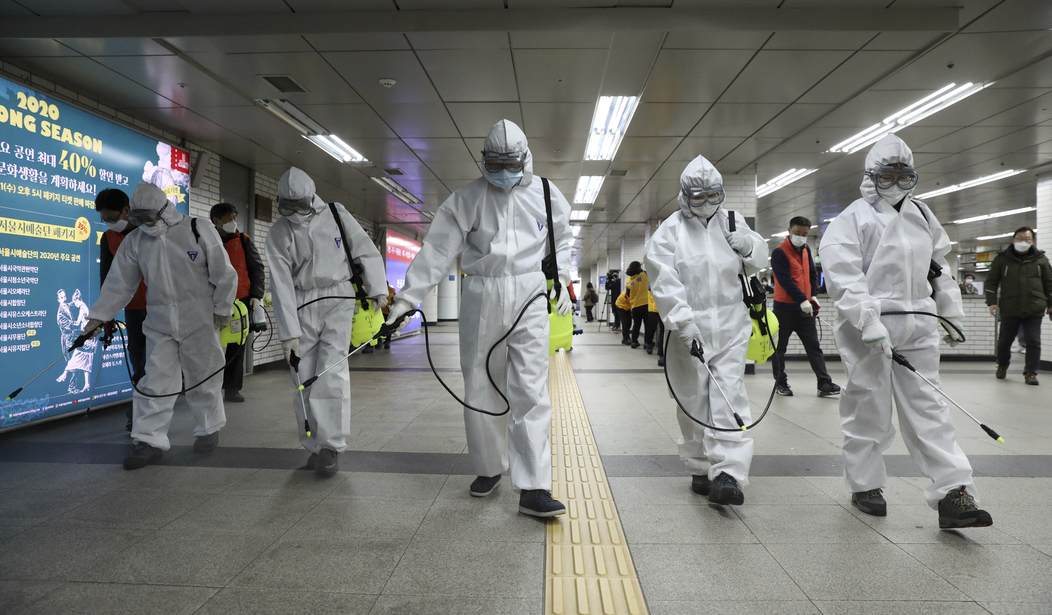In an effort to calm panicked markets, the Federal Reserve announced it would pump $1.5 trillion into the banking system. The move comes after stocks lost nearly 10 percent of their value — the biggest one-day drop since the crash of 1987.
The immediate effect of the announcement on the markets was positive. But following a short rally, stocks resumed their downward plunge, with the Dow falling 2,350 points to 21,200.
The $1.5 trillion will not be a direct stimulus. Instead, the Fed is injecting the money for “repurchase agreements.” This is critical to the day-to-day operations of large businesses that use overnight funding for their operations.
The central bank’s action is not intended to directly stimulate the economy but to ensure the proper functioning of the market for Treasuries, which influences all other credit markets.
But keeping that market stable will only do so much to soothe the fears of investors, who continue to wait for further economic action from the administration and Congress.
The House will probably vote on a huge COVID-19 bill this afternoon, but the Senate is out of town until Monday.
With Pelosi by his side, Ways and Means Chairman Richard Neal (D-Mass.), a key negotiator, explained that the final package that Democrats and the White House produce should not only provide economic stimulus, but is vital for instilling confidence in a country and government rattled by the pandemic.
“We felt that putting together something that the American people would see some cooperation on between the two parties at this moment would be a confidence builder,” Neal said.
Pelosi called Thursday’s mass sell-off in the stock market “very shocking.”
But she said the number one priority of this aid package is to give Americans assurances that they can get free testing for the virus and help stop it from spreading.
Investors are not going to be patient or trusting of Congress, so getting the stimulus package passed should be done sooner rather than later.
One financial analyst spoke of the limits to what the Fed can do to calm the nation.
“Even if the Fed lowers rates, it doesn’t get more tests out there, it doesn’t create a vaccine — there is a limit to what Central Banks can do,” she added. “This is not a financial crisis like what 2008 was — this is a human and health crisis. So, more needs to be done at the local and national government level.”
“We see the central banks are sort of pulling out all the stops, but it’s not the elixir for what ails us,” she added.
In the markets and in the nation, this is a crisis of confidence. The adversarial system we’ve created breeds suspicion and the revulsion felt by both sides for each other discourages cooperation. Democrats need to stop casting blame and Trump needs to stop his off-the-cuff, shoot-from-the-hip comments about COVID-19 and allow precise, exact, factual, and professional information to be disseminated.
Confidence will be restored when people, armed with the facts and having faith their leaders can actually lead, come together to address the crisis.










Join the conversation as a VIP Member